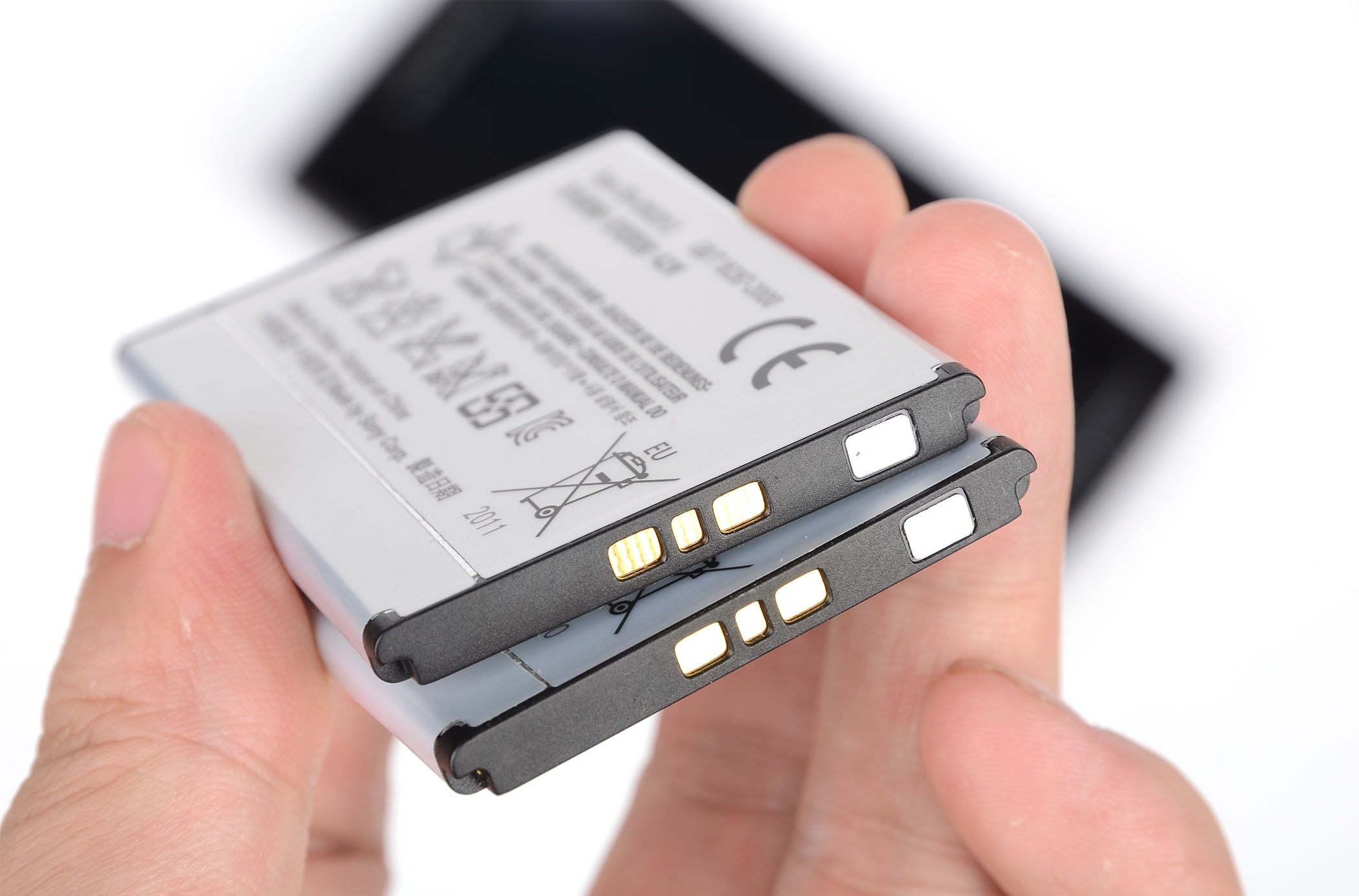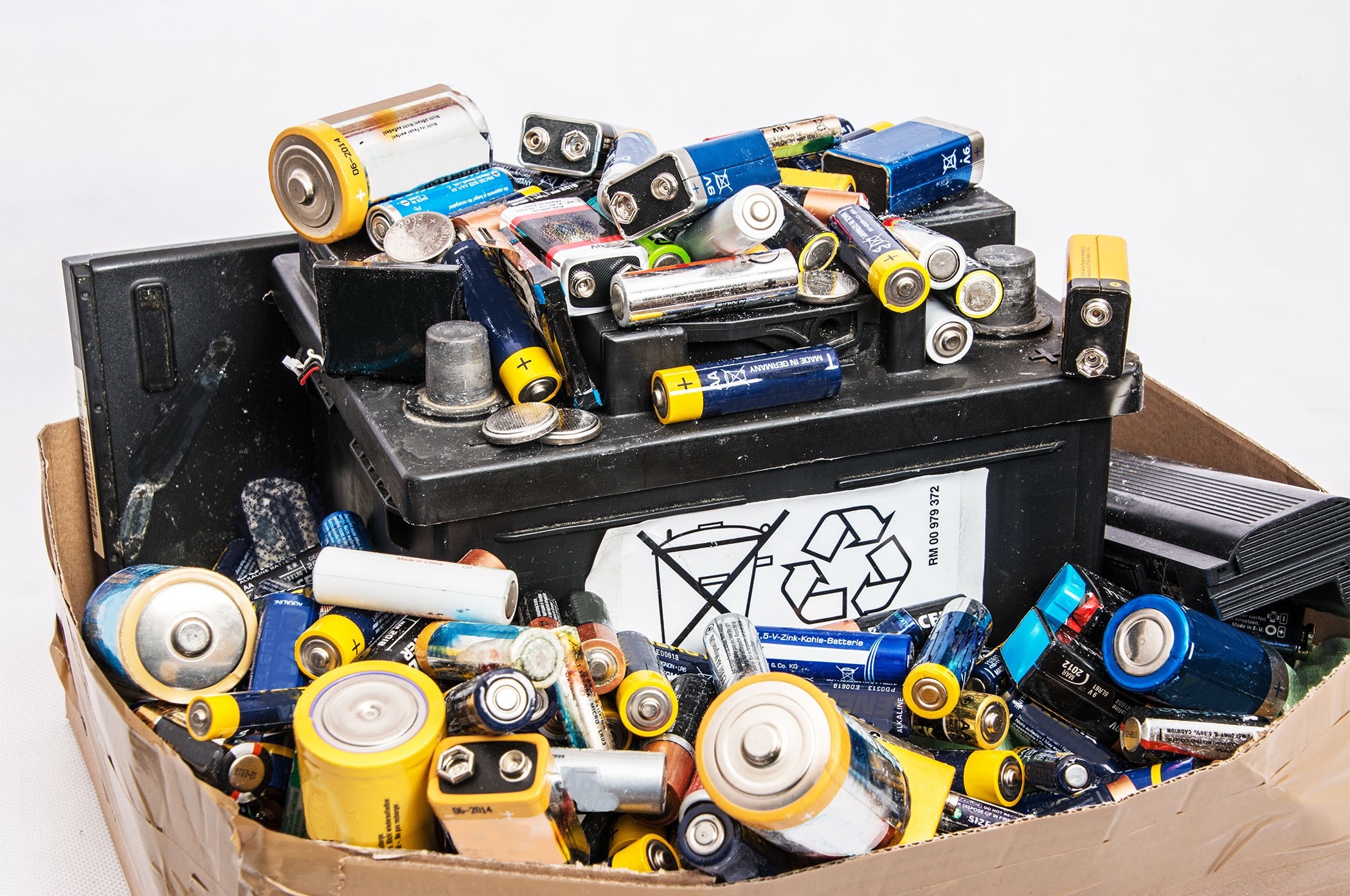Lithium Batteries Are a Fire Hazard
Published December 2018

Is your business in need of a recycling program for lithium batteries? These popular batteries pose dangerous risks and are quickly piling up into hazardous, potentially explosive scenarios in nearly every business you can imagine.
DO I HAVE LITHIUM BATTERIES?
Lithium batteries have become common in everyday items, powering our computers, cell phones, pace makers, clocks and even our vehicles; it is more likely than not that you have lithium ion batteries in your facility. They have become the new normal, however many are unaware of the risks that they pose and how to properly dispose of them. With such a large volume of these batteries everywhere, it is vitally important that you and your business are aware of how to properly handle lithium batteries.
Lithium Batteries are Commonly Found In:
WHY ARE LITHIUM BATTERIES DANGEROUS?
These batteries are more likely to catch fire than other rechargeable batteries due to their chemistry, containing a flammable electrolyte. These batteries are also pressurized and pack more energy into a small space, causing them to be more popular but also more dangerous.
If the batteries have a flaw, are damaged, overcharged, packed too closely together or are exposed to high temperatures they can overheat. This can be a very dangerous situation where uncontrolled positive feedback can cause other nearby batteries to overheat, triggering a domino effect of what is known as “thermal runaway.”
LITHIUM ION BATTERY DISPOSAL
UPDATE: The federal government just announced that they will be awarding $5.5 million to companies focused on advancing lithium-ion battery recycling technology. As discussed, these materials present major challenges when they are improperly recycled. An additional $15 will be dedicated to a research center focused on properly recycling the material.
To avoid dangerous situations with your lithium batteries, be sure to follow proper disposal guidelines. For full details and up to date information on lithium battery regulations please visit the eCFR – Electronic Code of Federal Regulations.

TRC can assist with properly disposing of your lithium ion batteries. Please click below to contact one of our team members and they will be happy to answer any questions you may have.